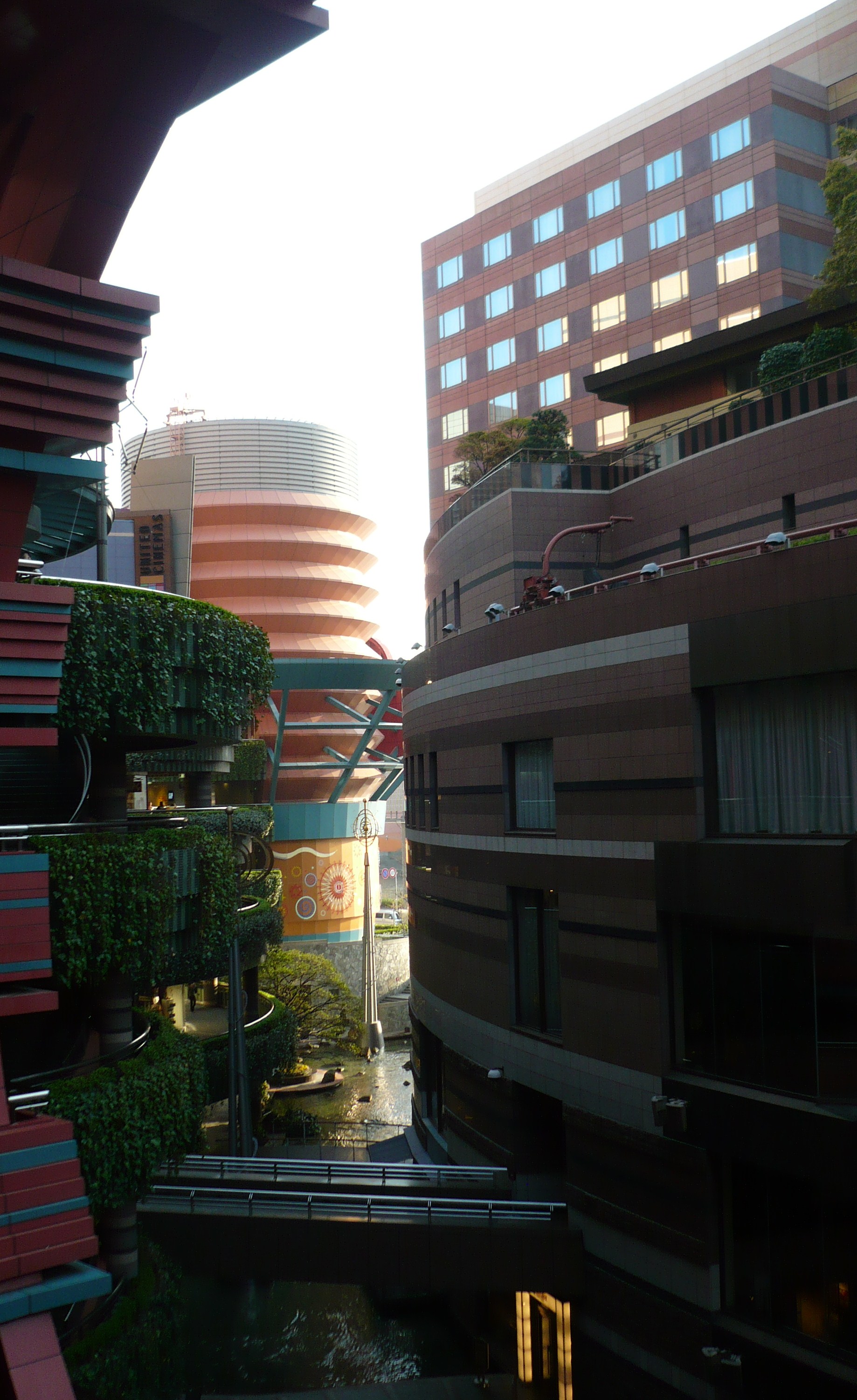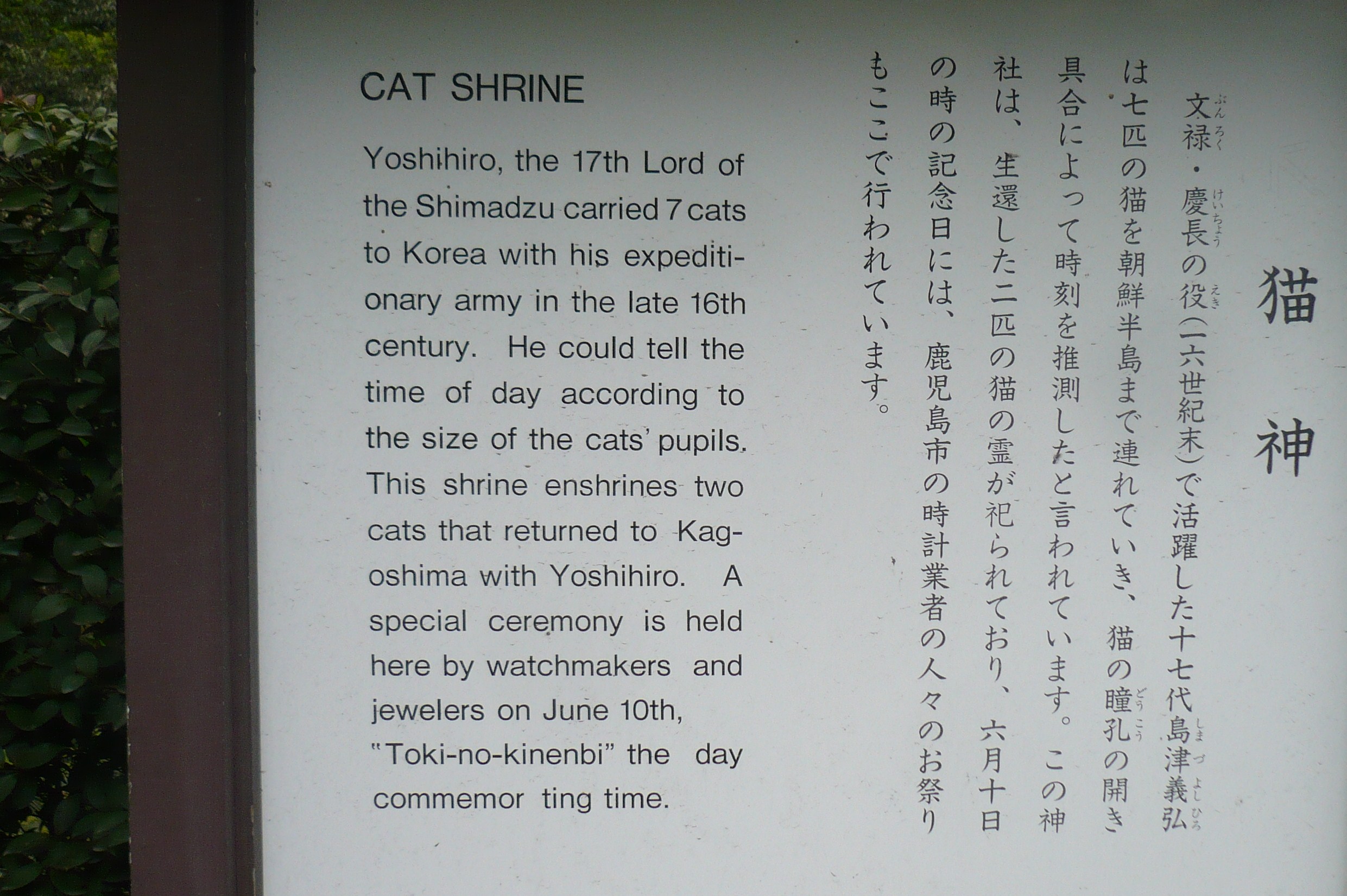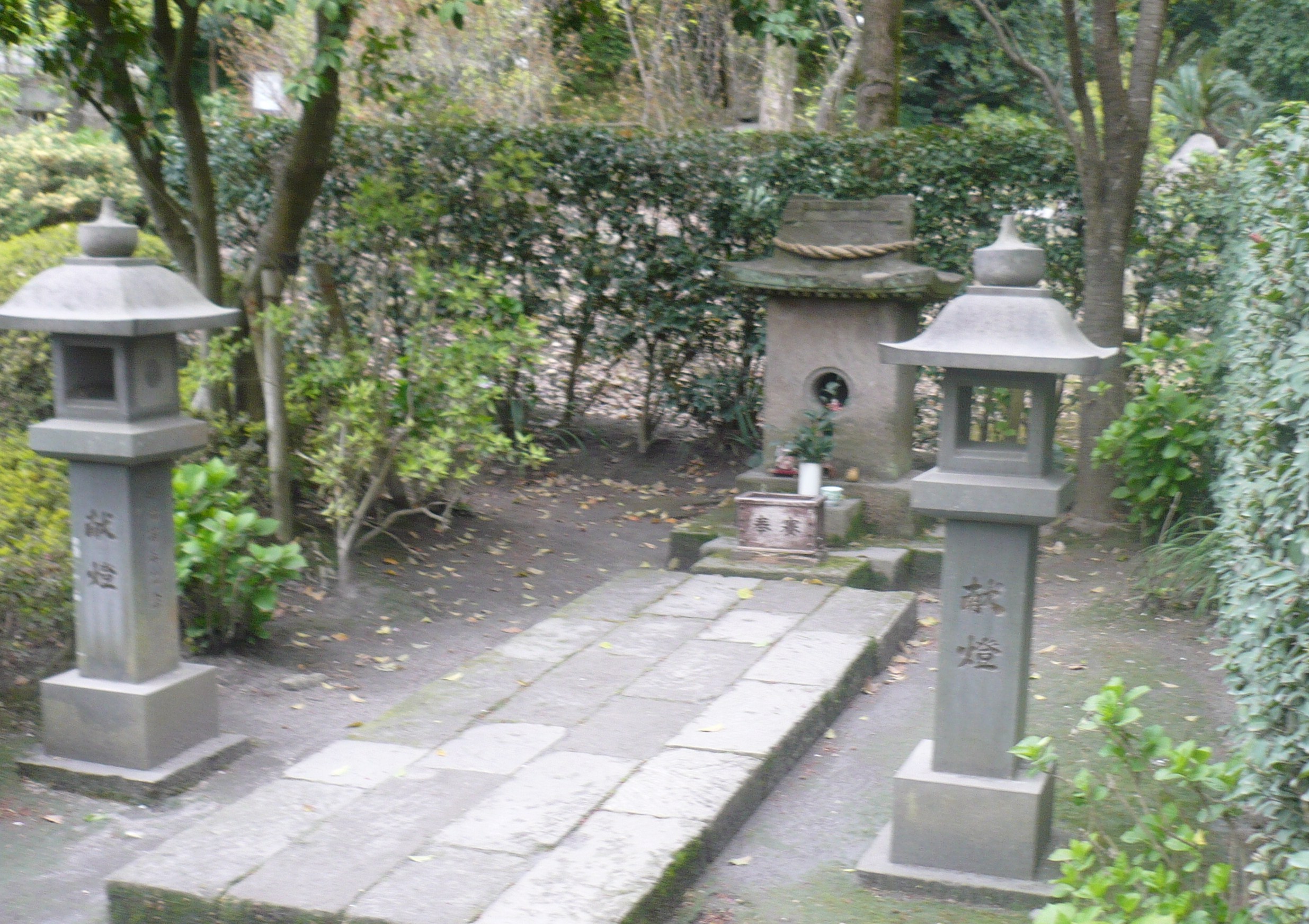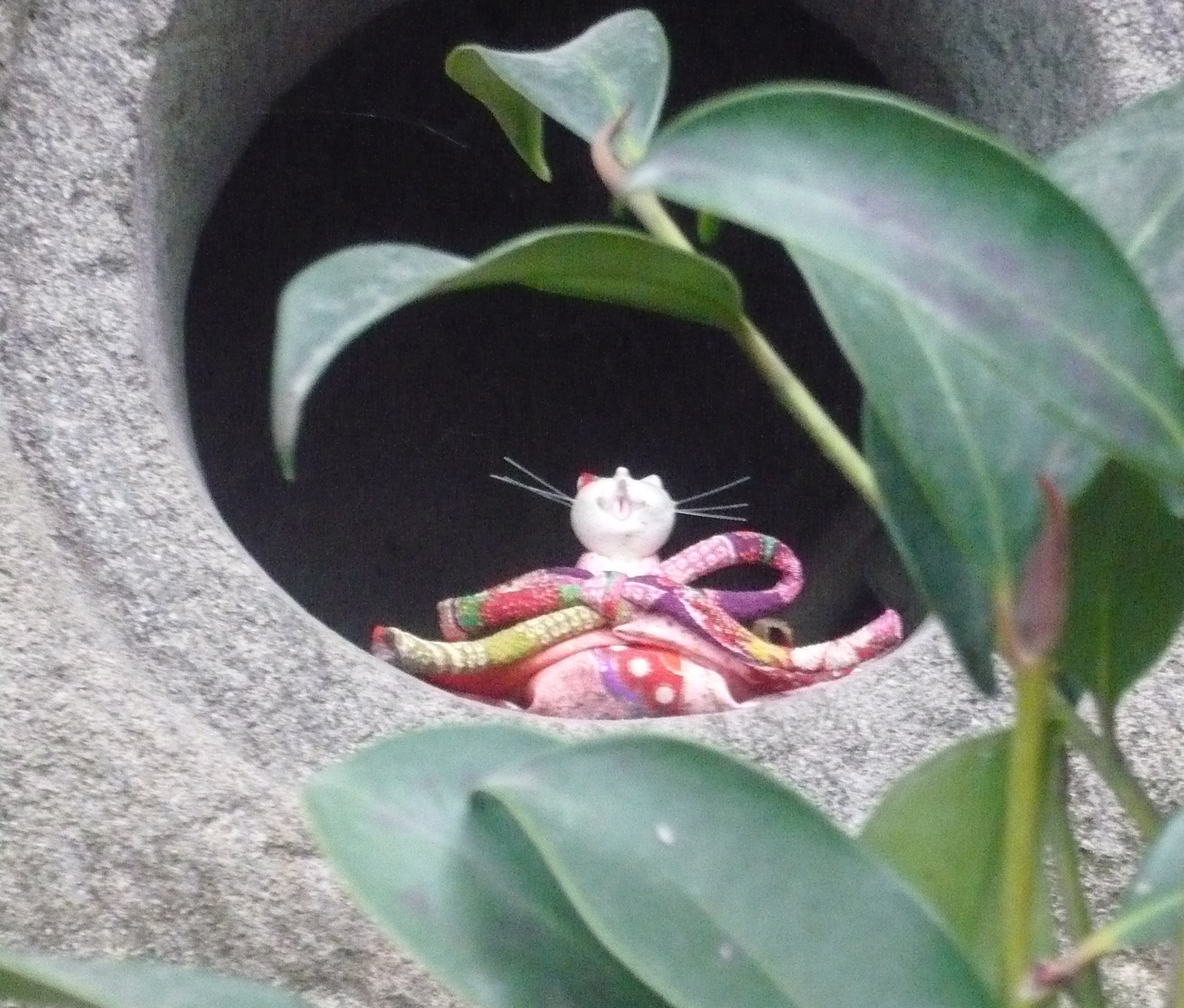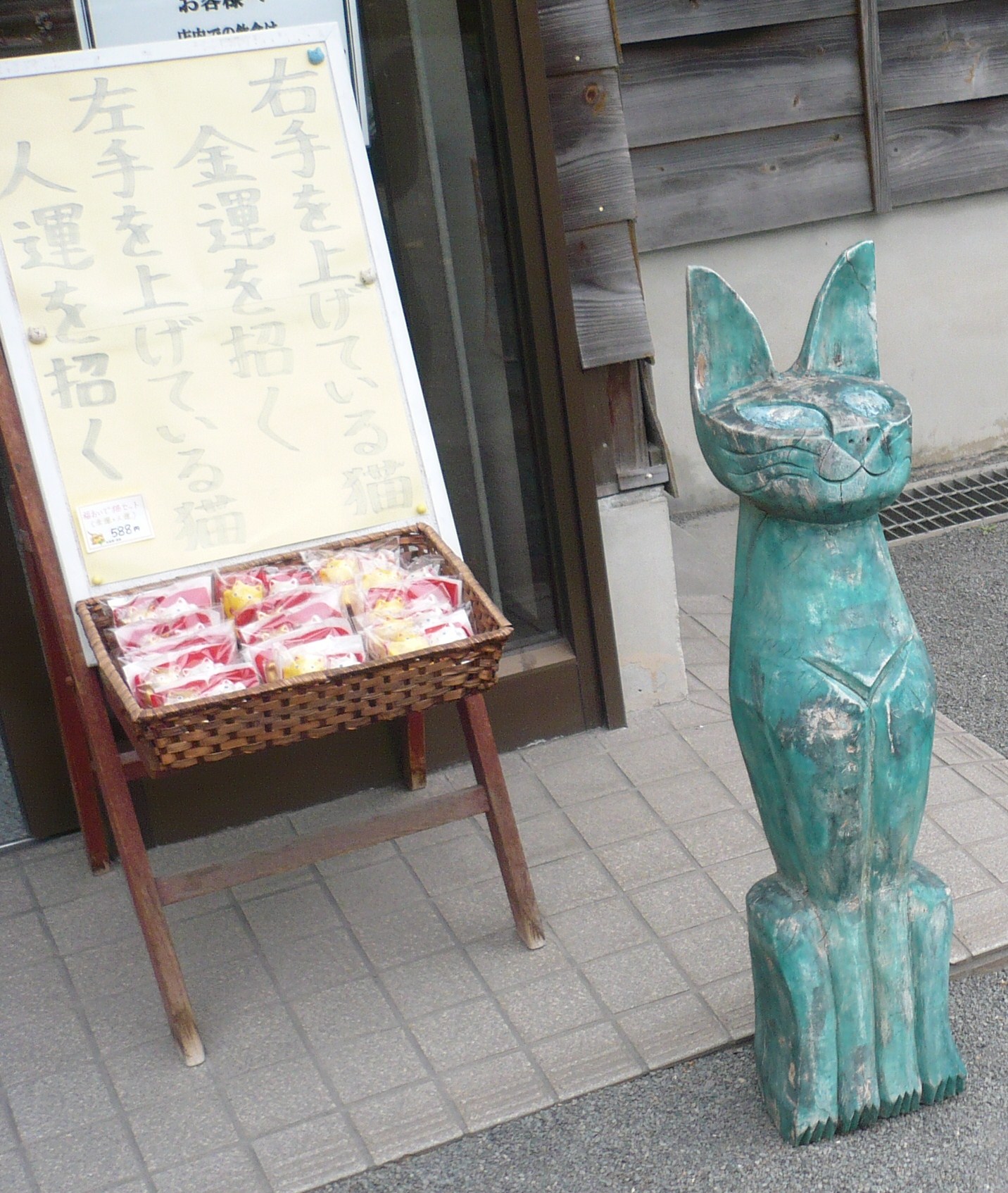As I've said, I've kind of made friends with the proprietor of this guesthouse that I'm staying at. Two nights ago, he said he was going to a "younger brother's" opening ceremony, and asked if I wanted to go along. I really didn't know what this meant. But I went along.
Koreans use brother and sister to mean anyone in their social cohort. And the fact of being younger or older is important: it's about rank in the social hierarchy. They have specialized vocabulary for all of this: "older brother of a male," "younger brother of male," etc. – all are separate words.
After some quizzing and discussion, I figured out that this wasn't his "real" younger brother, but a colleague from his high school years that had been a few grades behind him. In the U.S., we'd call such a person, having been in contact with him all the years since, simply a "friend." But Koreans maintain these historical hierarchical relations throughout life.
Anyway, the friend was a successful businessman. And the opening ceremony in question was in fact an anniversary celebration of the man's business. A kind of business birthday party, which they labelled, in giant letters on a big sign in bad English, "Renewal Open!"
It was definitely a business party. A catered affair in a place similar to a wedding reception hall. These kinds of events are mind-numbingly common in Korea. They'll have a catered business event of some kind or another at the drop of a hat. There'll be a DJ, some contests, some exhortations to work hard in the year to come from various vice presidents in dull black suits, too-loud music, a few aimless children running around having been dragged along by their parents, dancing girls (entirely G-rated and vaguely silly), karaoke events, a buffet table, soju and beer on each table, a company song to be sung, etc., etc.
I felt like an alien, of course. The only obvious foreigner there, and no clear reason to be there except that I probably represented some kind of bragging rights for my newfound friend, the guesthouse proprietor. I was a "pet wegugin [foreigner]".
I had some food from the buffet and sat and tried to be friendly with the various men he introduced me to: the founder/president of the business in question, his "younger brother"; some man of uncertain profession; an alleged "artist." It was interesting, to see one of these parties for a line of business outside of the realm of the hagwon industry. Basically it was the same thing, but with a different crowd. This was an advertising and marketing company, so there was a patina of creative types in attendence – Korean "longhairs" who wore no ties and had hollywoodesque goatees. I've seen the type plenty on Seoul's streets and on television, but in the hagwon industry you don't get to interact with them much.
Their English was all stunningly atrocious. But they were pleased and amazed at my own halting efforts at Korean. At one point I had an almost-conversation with a man: I'm here with a friend; I'm American; I work as an English teacher; Korean is very difficult.
I had a weird thought, I guess as sort of short story idea: a foreigner such as myself, with a smattering of Korean, could perhaps almost subsist by crashing business events of this sort. They're always going on, and by visiting the sort of catered halls where they take place, he'd find them easily enough. As a foreigner, everyone would be afraid to ask too many questions as to who he was or what he was doing there. Such a foreign party-crasher could avoid confrontation completely, with simple protestations of "sorry I don't quite understand, my friend is around here somewhere." And many would be friendly just to be friendly.
It would be like a sort of perpetual party-crasher adrift in a Kafkaesque Confucian paradise, free soju, free food, hospitable people. One would never have to buy one's own meal, and every night would be different.

